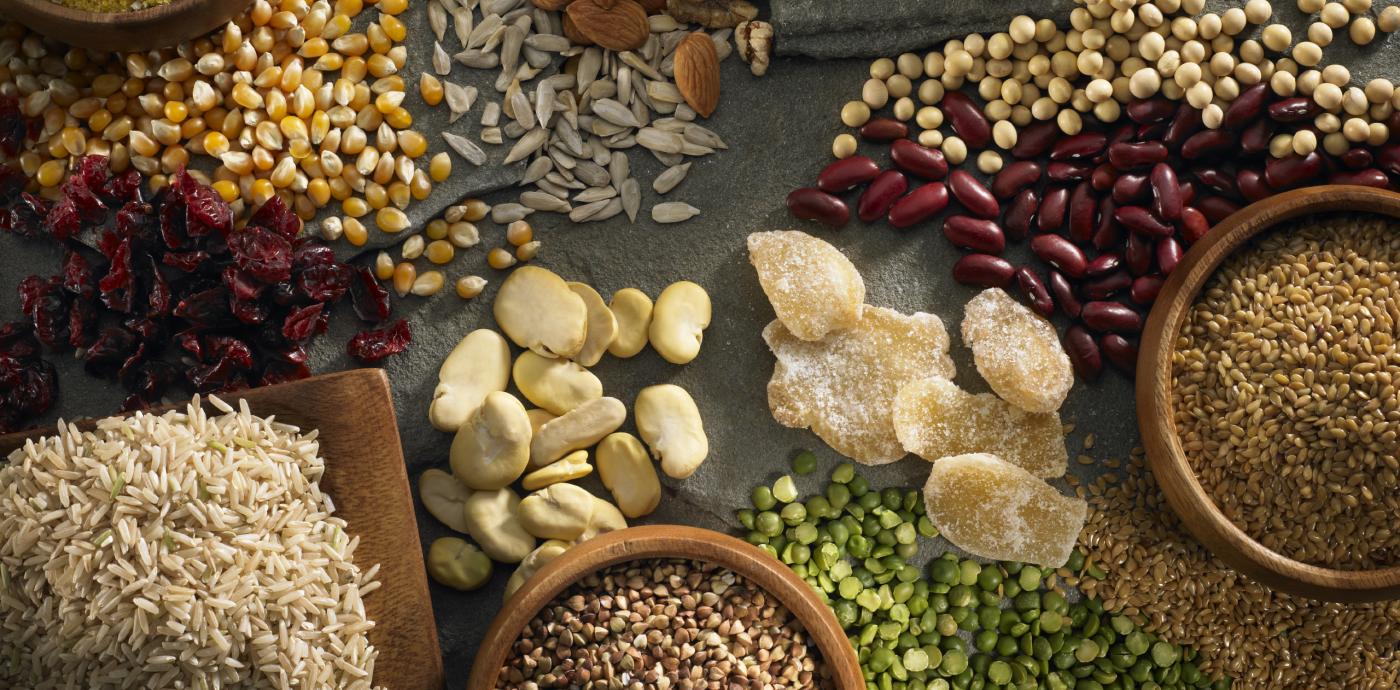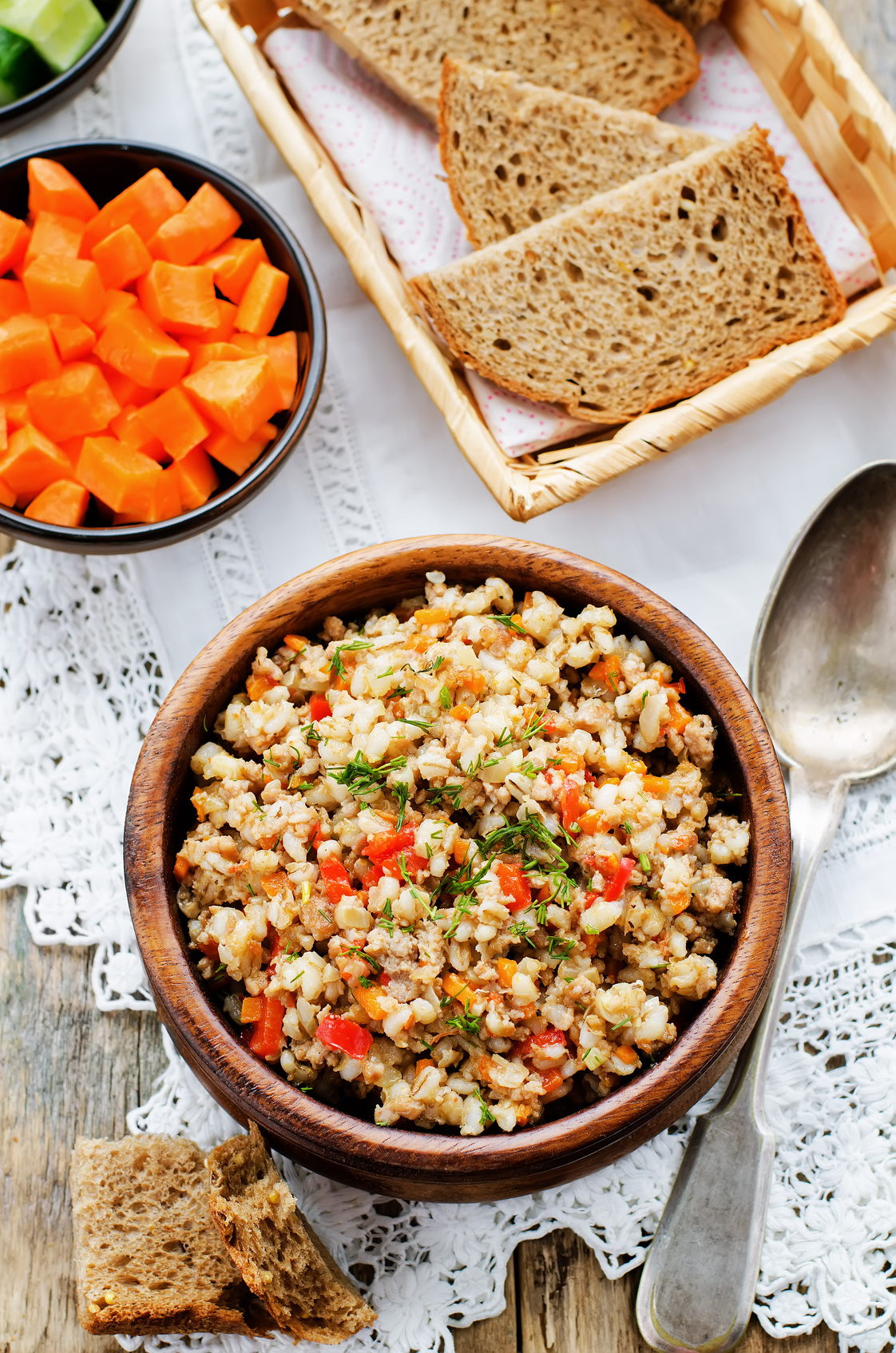Years ago, gut health just meant keeping yourself regular. But today, the microbes that inhabit the digestive tract are giving scientists a new window into health, adding an entirely new dimension to our assumptions about what it means to be healthy. Though there are still many unknowns, all humans have trillions of microbes living inside of them, with an especially large concentration along the digestive tract. This collection of microbes, collectively called the microbiome, offers clues as to how susceptible we are to disease, weight gain, and other health factors.
Intriguing new research shows that having certain bad microbes in your gut might make it harder to lose weight and ward of disease. But your microbial DNA is not your destiny. In fact, the foods you eat can drastically alter the makeup of your gut microbiome. Ready to take control over your health and metabolism It all starts in the kitchen.
Studies repeatedly show that people who eat healthier diets filled with wholesome foods like fruits, vegetables, and whole grains tend to have higher populations of friendly gut bacteria, the kind of bacteria associated with healthier weights and a lower risk of disease. For example, after analyzing the diet and microbiome of 120 Greek adults, a study published in the British Journal of Nutrition found that people most closely following the Mediterranean Diet had lower E. coli levels and a higher bid bacteria: E. coli ratio, among other favorable microbiome characteristics.
These associations hold up in rigorous clinical trials, as well. In another study, Spanish researchers randomly assigned 239 adults (half with metabolic syndrome, half without) to either a Mediterranean Diet, or a low-fat, high-complex-carbohydrate diet (with foods like pasta and cereals) for two years. They found that the Mediterranean Diet was able to restore potentially beneficial members of the gut microbiota, in patients both with and without metabolic syndrome. The low-fat, high-complex-carbohydrate diet did not result in as many positive changes in gut microbiota as the Mediterranean Diet did, although some improvements in gut health still occurred.
Many strategies to nurture a healthy gut microbiome focus on high fiber foods, like whole grains. In a 2016 review of gut health, researchers at the University of Alberta declared that dietary fiber is the only factor that has been empirically shown to be important to a healthy, diverse microbiome. Similarly, in a 2016 study of nearly 4,000 people, European researchers concluded that preference for whole grain bread, high fiber intake, and high fruit intake appear to be some of the most probable contributors to healthy gut diversity.
Simply making the switch from refined grains (like white bread or white rice) to whole grains (like whole grain bread or oatmeal) can make a significant impact on your health from the inside out. In a 2017 study in the American Journal of Clinical Nutrition, researchers randomly assigned 81 healthy adults in Boston to diets with either whole grains or refined grains for 6 weeks, keeping all other foods and nutrients consistent between the groups. The researchers found that making all of your grains whole is linked with modest, positive effects on gut microbiota (due to higher concentrations of good gut microbes and short chain fatty acids an indicator of colon health and dietary fiber breakdown). In fact, the whole grain group significantly improved their metabolism over the 6-week study compared with the refined grains group, burning 92 more calories per day without exercising more.
If you’re concerned that your digestive tract is stocked with the wrong types of gut bacteria, don’t get discouraged thinking that good health is out of your reach. Although the science of the gut microbiome is still young, the benefits of adopting a healthy diet of fiber-filled plant foods, like whole grains, are too promising to pass up!
Kelly Toups, Director of Nutrition







